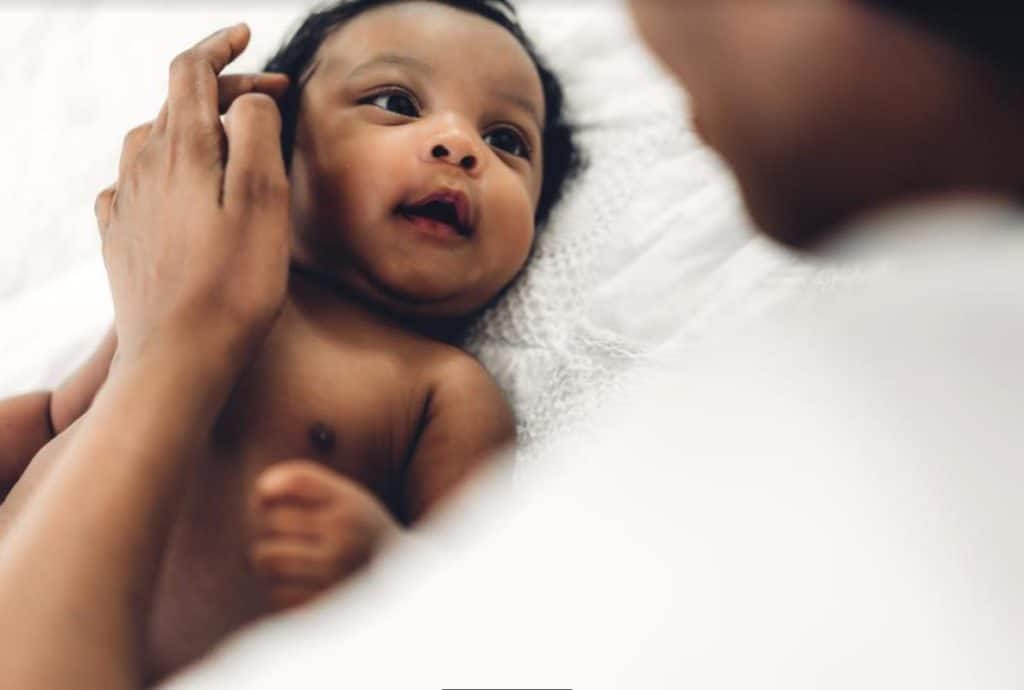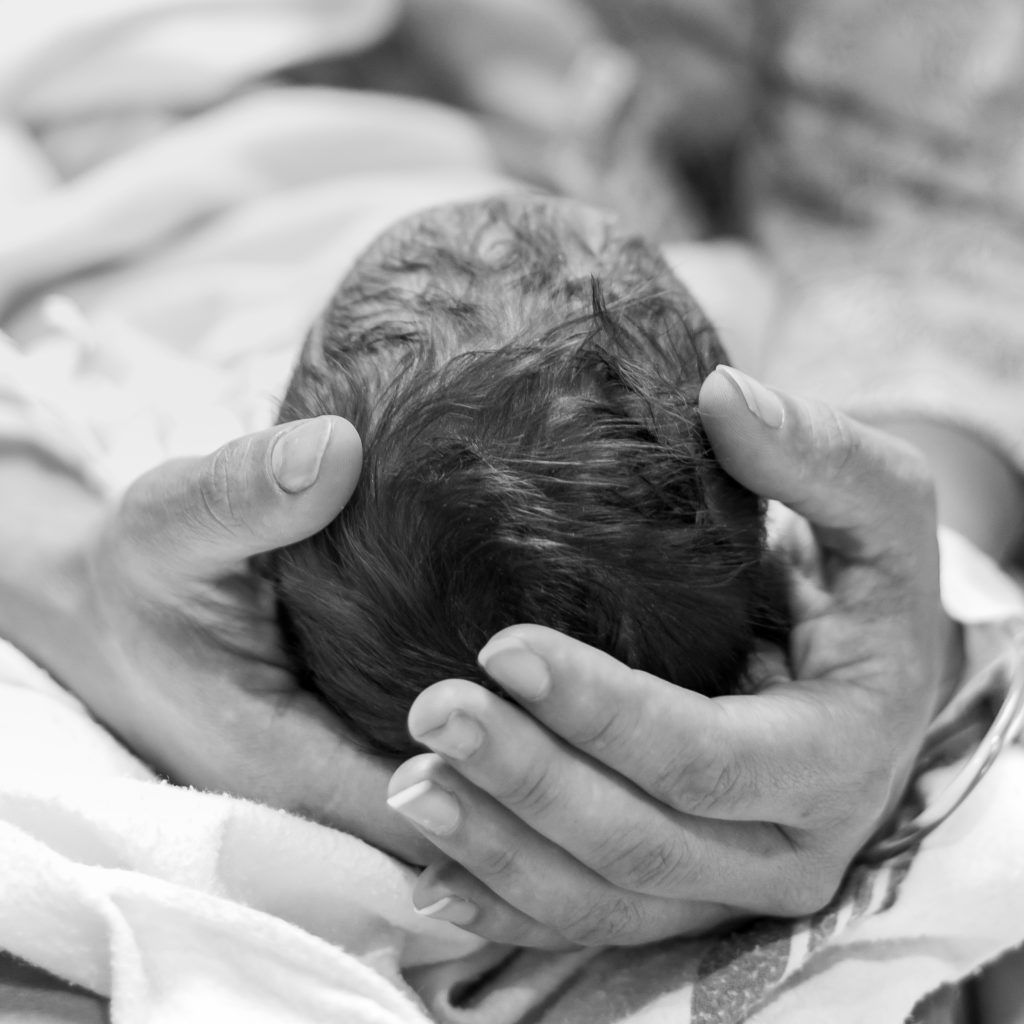In the world of parenting and childcare, it is common to hear the term “newborn” used to describe a very young baby. From parents to friends and family, it is obvious that the term is not a strange one. However, have you ever stopped to consider how long is a baby actually considered a newborn?
In this article, you will find out how long a baby is considered a newborn, the signs that your baby is no longer a newborn, and what’s next after the newborn stage.
Let’s Begin!
How long is a baby considered a newborn?
According to the World Health Organization (WHO), a baby is considered a newborn for the first 28 days of life. During this time, the baby is adjusting to life outside the womb and undergoing significant physical and neurological development.

This is a crucial time for the baby to bond with their caregivers and adjust to life outside of the womb. After the first month, the baby enters the “infant” stage and continues to develop and grow rapidly over the next year.
It is important to note that every baby is unique and may develop at their own pace, so the exact timeframe for when a baby is considered a newborn may vary.
How long are premature babies considered a newborn?
The length of time that a premature baby is considered a newborn can vary depending on their gestational age at birth. Generally, premature babies are considered newborns from the time they are born until they reach their expected due date.
For example, if a baby was born at 32 weeks gestation (8 weeks early), he/she would be considered a newborn for the first 8 weeks after birth. Subsequently, the baby will be considered an infant once he/she reaches what would have been the actual due date.
It is important to note that premature babies may have unique developmental needs. Therefore, babies born prematurely may require specialized care during their newborn period and beyond.

The medical team caring for a premature babies will closely monitor their growth and development and provide appropriate care to support their health and well-being.
What are the signs that your baby is no longer a newborn?
There are several signs that your baby is no longer a newborn and is transitioning into the next stage of development, which is usually referred to as the infant stage. Here are some of the signs to look out for:
- Weight gain: Newborns typically lose weight in the first few days after birth, but they should regain it within a week or two. If your baby is consistently gaining weight and reaching their milestones, they are likely transitioning out of the newborn stage.
- Longer periods of wakefulness: Newborns tend to sleep for long periods of time, often up to 18 hours a day. As they get older, they will gradually sleep less and spend more time awake and alert.
- Improved head control: Newborns have very little control over their head and neck, but as they get older, they will start to develop better control and be able to hold their heads up for short periods of time.
- More social interaction: As your baby gets older, he or she will become more social and interactive. They will start to smile and coo, and may even begin to respond to your voice and touch.
- More mobility: As your baby’s muscles get stronger, he or she will start to move around more. They may start rolling over, crawling, and eventually walking.
Overall, every baby develops at their own pace.
Therefore, these signs may not be exactly the same for every child. However, if your baby is showing some or all of these signs, they are likely transitioning out of the newborn stage and into the next phase of development.
What’s next after the newborn stage?
After the newborn stage, babies enter the infant stage, which generally lasts from 1 month to 12 months of age. During this stage, babies continue to grow and develop rapidly in many areas, including:
- Physical development: Infants continue to develop their motor skills, and will start to roll over, sit up, crawl, and eventually walk.
- Cognitive development: Infants begin to understand cause-and-effect relationships, and will explore their environment to learn more about the world around them.
- Language development: Infants start to communicate through coos, babbling, and eventually, their first words.
- Social development: Infants start to interact more with others, and will smile, laugh, and respond to their caregivers’ cues.
- Emotional development: Infants develop a greater sense of self-awareness and begin to experience a wider range of emotions.
During the infant stage, babies also continue to establish sleep patterns and feeding routines. Furthermore, they may begin to transition to solid foods as they approach their first birthday. As with the newborn stage, every baby develops at their own pace. Therefore, the specific milestones reached during the infant stage can vary from child to child.
However, it is important for parents and caregivers to provide a safe and stimulating environment that supports their baby’s development.
Conclusion
In conclusion, a baby is generally considered a newborn for the first 28 days of life, regardless of whether they were born prematurely or at full term.
Understanding the different stages of a baby’s development can help parents and caregivers provide appropriate care and support for their little ones as they grow and thrive.

